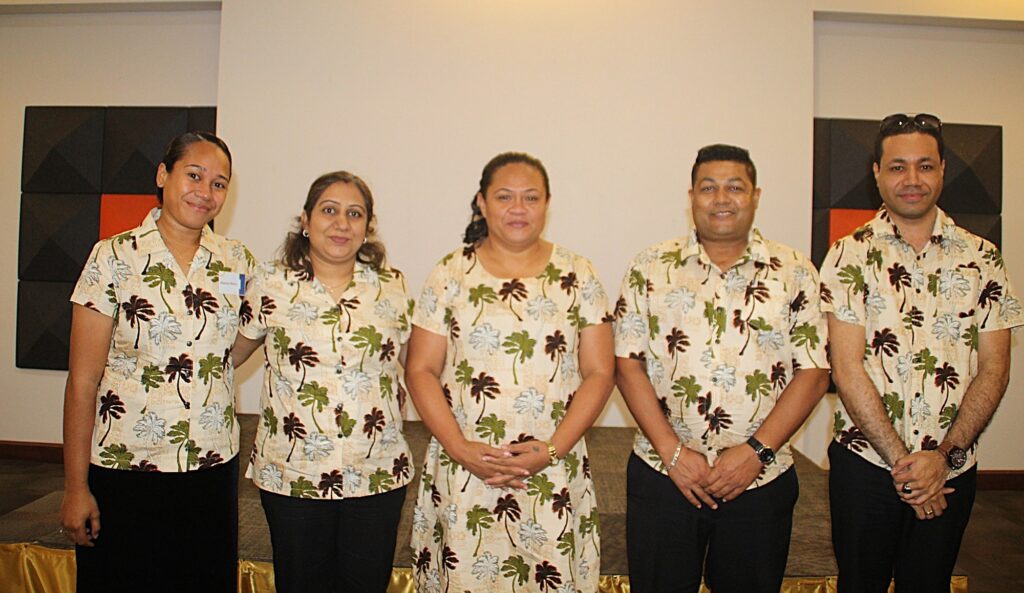Trademarks
Trademarks in Fiji are crucial for businesses to distinguish their goods and services and protect their brand identity. The intellectual property landscape in Fiji has undergone significant modernization recently, moving from older, British-influenced legislation to a more contemporary framework.
1. Current Legislation:
- Trademarks Act 2021: This is the primary legislation governing trademarks in Fiji. It repeals the older Trade Marks Act 1933 and the Merchandise Marks Act 1933. This new Act is a significant step forward, aligning Fiji’s trademark laws with international standards and practices.
- Adoption of Nice Classification: A key change introduced by the 2021 Act is the adoption of the international Nice Classification system for goods and services. Previously, Fiji used an older, pre-1938 British classification system, which made multi-class applications difficult and was not aligned with global norms. The shift to Nice Classification simplifies the process for international businesses.
- Madrid Protocol: The Trademarks Act 2021 also makes provisions for Fiji to adopt the Madrid Protocol, which would allow for international registration of trademarks. While Fiji has acceded to the Paris Convention for the Protection of Industrial Property (October 2023), the full implementation of the Madrid Protocol is a further step towards greater international harmonization.
2. The Fiji Intellectual Property Office (FIPO):
- Registry: The FIPO, typically housed under the Office of the Attorney-General, is the official body responsible for administering trademark registrations in Fiji.
- Manual System: Historically, the FIPO’s records were not computerized, leading to manual searches and potentially longer processing times. The new Act is expected to facilitate modernization, though actual digitization and resource allocation will determine the speed of improvements.
3. Key Features of Trademark Registration in Fiji:
- Protectable Marks: Trademarks can include words, logos, slogans, names, and other distinctive signs used to identify goods and services.
- Service Marks: Under the older legislation, service marks were generally not registrable. The Trademarks Act 2021 addresses this, providing for the registration of both goods and service marks, bringing Fiji in line with most modern IP regimes.
- Application Process:
- National Applications: Businesses can file directly with FIPO. This involves submitting the trademark name, samples of the mark (if not word-only), the class(es) of goods/services (now using Nice Classification), applicant details, and a Power of Attorney (if using an agent).
- UK-Based Applications (Historically): Previously, it was possible to register a trademark in Fiji based on an existing UK registration (“as of right”). While this option was common, the new Act emphasizes independent national registration more in line with international practice.
- Examination: Applications undergo formal examination by FIPO to ensure compliance with legal requirements and a substantive examination for distinctiveness and potential conflicts with existing marks.
- Publication and Opposition: Once an application is accepted, it is published (e.g., in the Government Gazette and/or local newspapers) to allow third parties a period (typically three months) to oppose the registration if they believe it infringes on their existing rights.
- Registration: If there are no successful oppositions, the trademark is registered, and a Certificate of Registration is issued.
- Duration and Renewal: A national trademark registration is generally valid for 10 years from the deemed date of registration (under the 2021 Act) and can be renewed indefinitely for subsequent 10-year periods.
- Use Requirement: While a trademark does not necessarily need to be in use at the time of application, it may become vulnerable to cancellation if not used for a continuous period (e.g., five years) after registration.
- Assignment and Change of Particulars: Registered trademarks can be assigned (transferred) and changes to particulars (name/address) can be recorded at FIPO.
- Enforcement: Registered trademark owners have exclusive rights to use their mark and can take legal action (e.g., for infringement, seeking damages or injunctions) against unauthorized use. Provisions under the Customs Act 1986 also help prevent the importation of infringing goods.
4. Challenges and Opportunities:
- Transition Period: While the new Act is in force, the actual implementation of all its provisions, particularly the full digitization of records and adherence to new processes, may take time.
- Resources: The FIPO, like many intellectual property offices in developing nations, may face resource constraints that can impact processing times.
- Awareness: Continued education and awareness among businesses and the public about the importance of trademark protection are crucial.
In summary, Fiji’s trademark system has recently modernized with the Trademarks Act 2021, adopting international classification and paving the way for Madrid Protocol accession. The Fiji Intellectual Property Office handles registrations, which involve examination, publication for opposition, and eventual registration for a 10-year period, renewable thereafter. Businesses are strongly advised to seek legal counsel to navigate the registration process and protect their brands effectively in Fiji.


